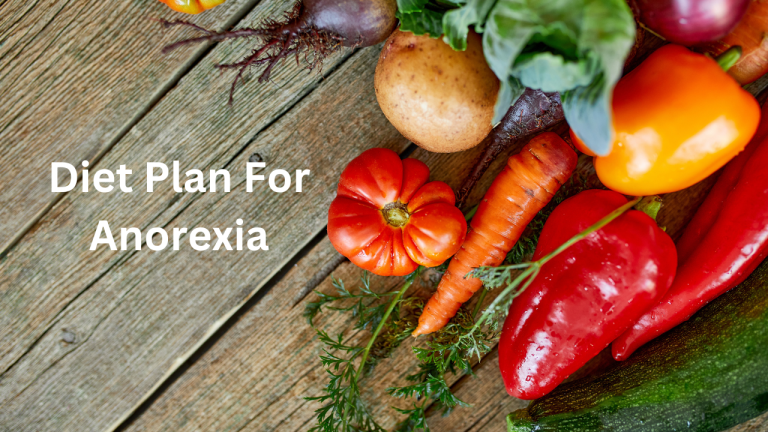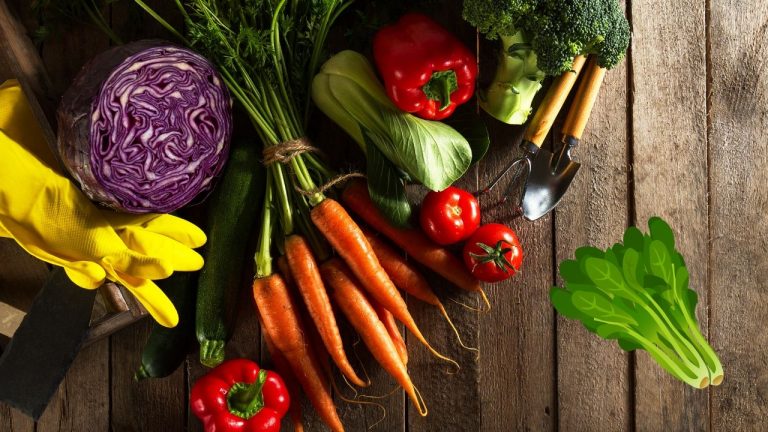Basic Vegan Nutrition for Special Conditions

For individuals with special conditions following a vegan diet, it’s important to pay attention to specific nutritional needs to ensure adequate intake of essential nutrients. Here’s a brief overview of basic vegan nutrition considerations for some special conditions:
Pregnancy and Lactation:
Focus on consuming a well-balanced and varied diet that includes a wide range of plant-based foods to ensure sufficient intake of macronutrients, vitamins, and minerals.
Pay particular attention to getting adequate amounts of key nutrients like iron, calcium, iodine, vitamin B12, omega-3 fatty acids, and folate. Consider supplementation as advised by a healthcare provider.
Consult with a healthcare provider or registered dietitian for personalized guidance and regular monitoring during pregnancy and lactation.
Infants and Children:
Breastfeeding is recommended as the primary source of nutrition for infants. If breastfeeding is not possible, appropriate vegan infant formulas should be used under the guidance of a healthcare provider.
As children transition to solid foods, focus on nutrient-dense plant-based options such as fruits, vegetables, legumes, whole grains, nuts, and seeds.
Ensure sufficient intake of key nutrients like iron, vitamin B12, vitamin D, calcium, and omega-3 fatty acids. Regular monitoring and consultation with a healthcare provider or registered dietitian are important to address any specific needs.
Older Adults:
Adequate intake of protein, calcium, vitamin D, vitamin B12, and omega-3 fatty acids becomes increasingly important for older adults.
Include plant protein sources like legumes, tofu, tempeh, and plant-based protein powders. Consider fortified plant-based milk alternatives and supplementation for vitamin B12, vitamin D, and omega-3 fatty acids as needed.
Ensure a varied and nutrient-rich diet that supports bone health, muscle mass maintenance, and overall nutritional needs.
Athletes:
Vegan athletes should focus on meeting energy and nutrient needs to support performance, recovery, and overall health.
Pay attention to sufficient intake of calories, carbohydrates, protein, and healthy fats. Include plant protein sources, whole grains, fruits, vegetables, and adequate hydration.
Monitor iron, vitamin B12, and omega-3 fatty acid levels and consider supplementation if necessary. Consult with a registered dietitian with expertise in sports nutrition for personalized guidance.
It’s important to note that individual needs may vary based on specific conditions, health status, and activity levels. Consulting with a healthcare provider or registered dietitian who is knowledgeable about vegan nutrition can provide personalized guidance and support for individuals with special conditions following a vegan diet. Regular monitoring of nutrient levels and overall health is recommended.



